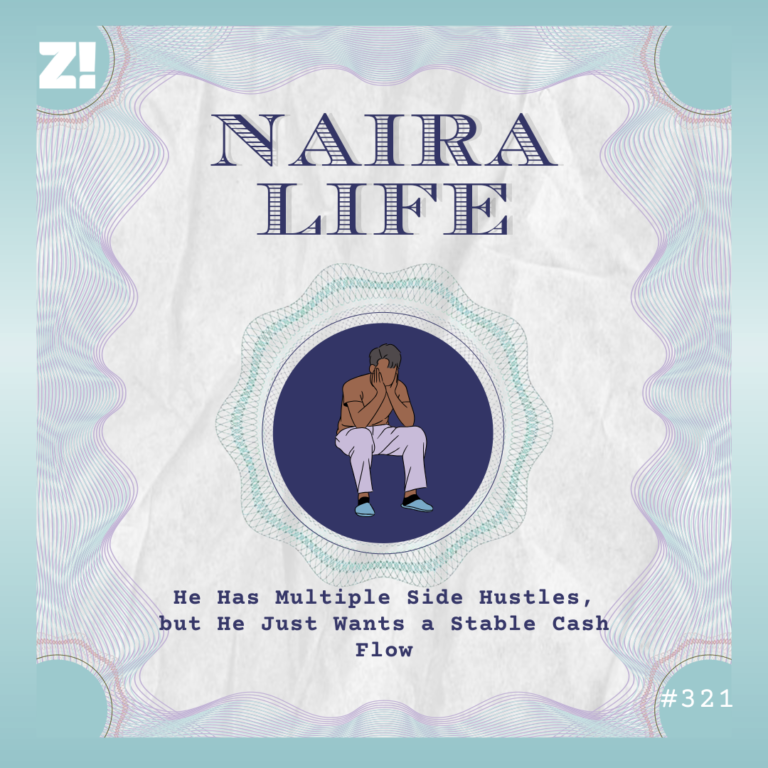Image by Freepik
“What if I jump from frying pan to fire?”
This question summarised Esther’s response to my suggestion about changing jobs after she’d ranted for 30 minutes about her job at a FinTech company in Lagos.
Employee loyalty is often seen as a virtue; they show a high level of dedication to their job, which is expected to result in a willingness to go above and beyond in their work and, perhaps most importantly, long-term engagement.
When you hear that someone has spent five years in a role, you — and especially the employer — might think, “Wow, this person is so loyal to XXX company’s goals and vision”. If the responses from these 9-5ers on the concept of employee loyalty are anything to go by, that conclusion isn’t often the case.
Sometimes, they’re just scared to move on
Esther’s main reason for staying is the fear of getting into a more toxic workplace. “I hate my job on most days. Not social media management itself, but doing it AT my current workplace. My superiors give unrealistic goals and constantly ignore my suggestions to build a long-term social media strategy rather than jumping on every social media trend. But I’m sceptical about leaving. The pay isn’t bad, and my colleagues are great. What if I move somewhere else that seems shiny on the outside and is toxic on the inside?” she said.
For Joba*, a brand designer in Lagos, the fear of lay-offs is why he’s hesitant to leave where he’s worked for three years. “The state of the Nigerian economy now means almost everyone is laying off staff or shutting down operations. There’s more probability that a company will let go of a new staff who’s yet to prove themself than a valuable team player. What if I take on a new tech job and then get laid off six months later? It’s too big of a risk.”
Kunle*, an operations executive, shares similar sentiments. “Money isn’t always everything. I know someone who went off to work at Twitter but got laid off soon after. Of course, I’d like to earn more. But if I leave, it has to be because I’ve come to terms with the risk of eventually losing the job due to the current volatile tech ecosystem. I’m not ready for that yet.”
Others feel more loyal to their managers and colleagues than the organisation
According to Josephine*, a content writer in Abuja, she’d take one good manager over a big-name job anywhere. “My current manager is the best I’ve ever worked with, and she’s the reason I’m still at my current workplace. I got an offer somewhere else three months ago, but some Glassdoor reviews about the leadership made me turn it down. My workplace has tons of issues too, but my manager is the best. If she leaves today, I’m out the door too.”
Tola*, an executive assistant, is also enduring his job because of his teammates. “I work directly with the CEO, and she’s a grade-A pain. When she gets angry, she lashes out verbally, and working with her is exhausting. But my teammates are some of the smartest people I’ve worked with. They make coming to work every day worth it.”
In other cases, it’s just money
Oftentimes, employee loyalty is simply transactional. It figures, because the employer-employee relationship itself is primarily value-based. If the employer doesn’t see how the employee brings in value and improves the business, they wouldn’t be employees in the first place.
Laide*, a product manager, puts it simply. “I’ll be loyal to you as long as you pay me what I feel I’m worth. If I feel I’m worth more and make you see it, but you don’t budge, I’ll move to the next person. The whole ‘we are a family’ thing is just vibes. Would you sack your brother if they didn’t meet your expectations? As long as the employee meets expectations, the employer is loyal to them. So, it should also be vice versa.”
*Names have been changed for the sake of anonymity.
NEXT READ: How Are Small Business Owners Dealing With Inflation in Nigeria?




